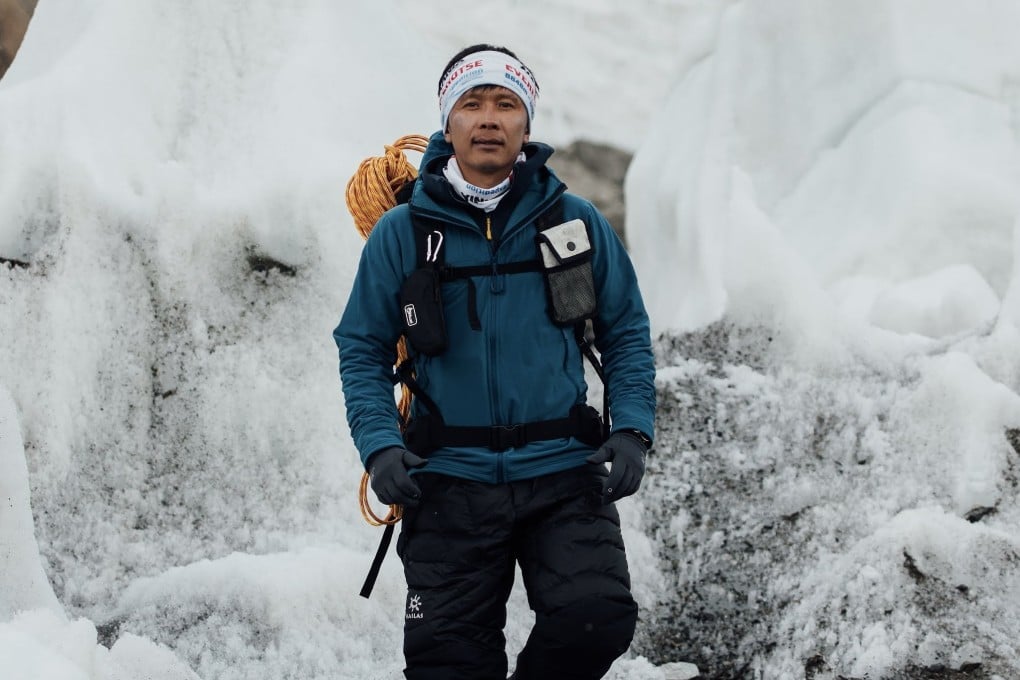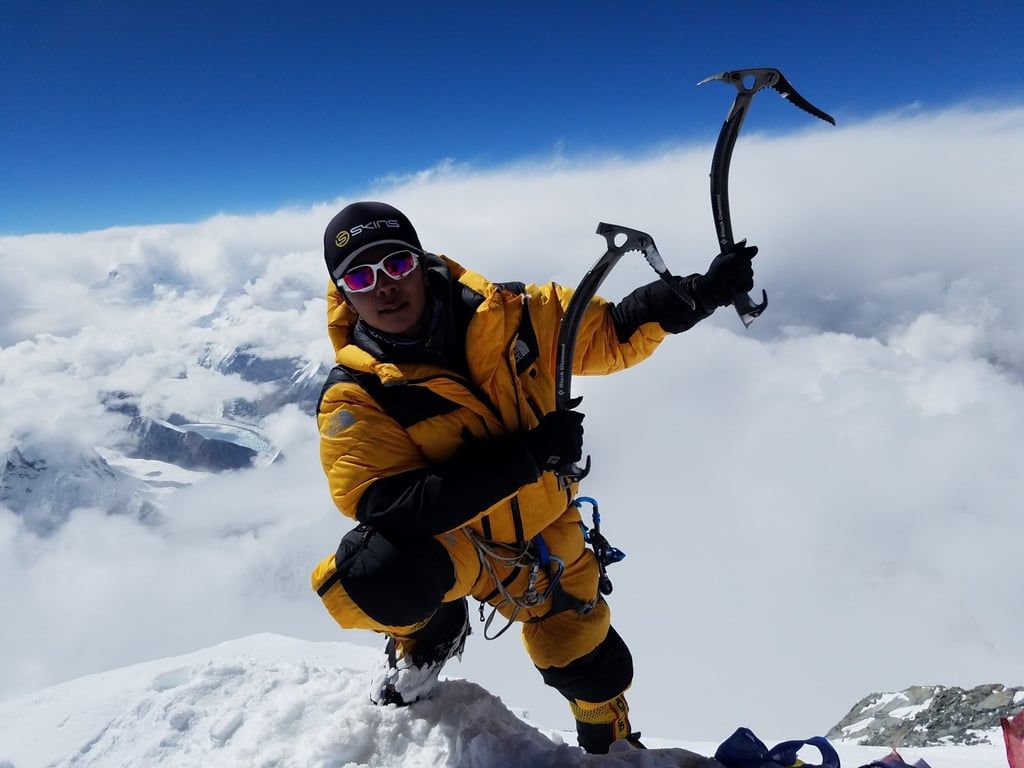Tourism pros defy Covid-19 to open their own businesses caring for elephants, guiding mountaineers and showcasing the Australian bush
- We share the stories of entrepreneurs whose patience is paying off, having opened tourism businesses even as the coronavirus pandemic curbed travel
- An expedition company will break even before autumn, a couple’s nature tours are growing in popularity and an elephant sanctuary is seeing a rise in visitors

An extended period of severe travel restrictions seems like an odd time in which to nurture a fledgling tourism-related business, but that doesn’t mean some brave souls haven’t tried.
As international borders finally begin to reopen, we share the stories of three entrepreneurs whose patience is finally paying off. What has kept each of them believing in their business is having a goal that is bigger than just making money.
Lakpa Sherpa, 31, co-founder of 8K Expeditions, Nepal
Summiting the world’s highest peak is a seductive proposition for many. In 2019, Mount Everest (one of 326 Nepalese peaks open to climbers) generated more than US$4 million from the selling of permits alone.

Nevertheless, in April 2021, Lakpa Sherpa registered 8K Expeditions, believing there was no better time than during a lull to lay the foundations of a company specialising in mountain expeditions.
Lakpa says 8K – the name references the fact the world’s 14 highest peaks stand taller than 8,000 metres (26,200 feet) – aims to improve the lot of Sherpas, who are often exploited by agencies; raise guiding and safety standards; and bring tourists to Makalu, home to the entrepreneurial trio and the fifth highest mountain in the world.